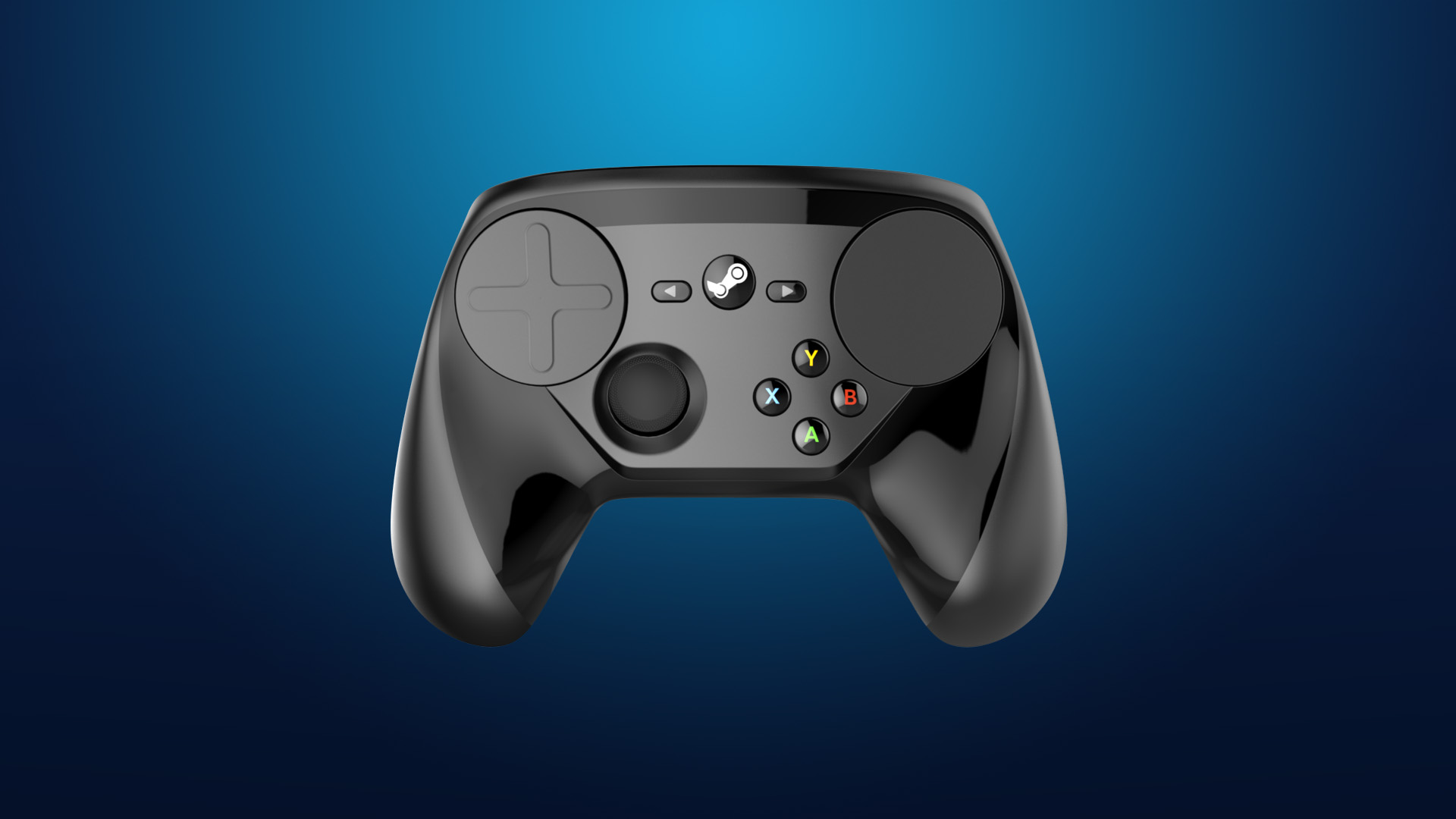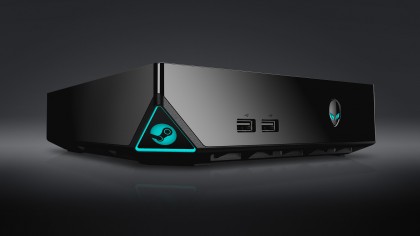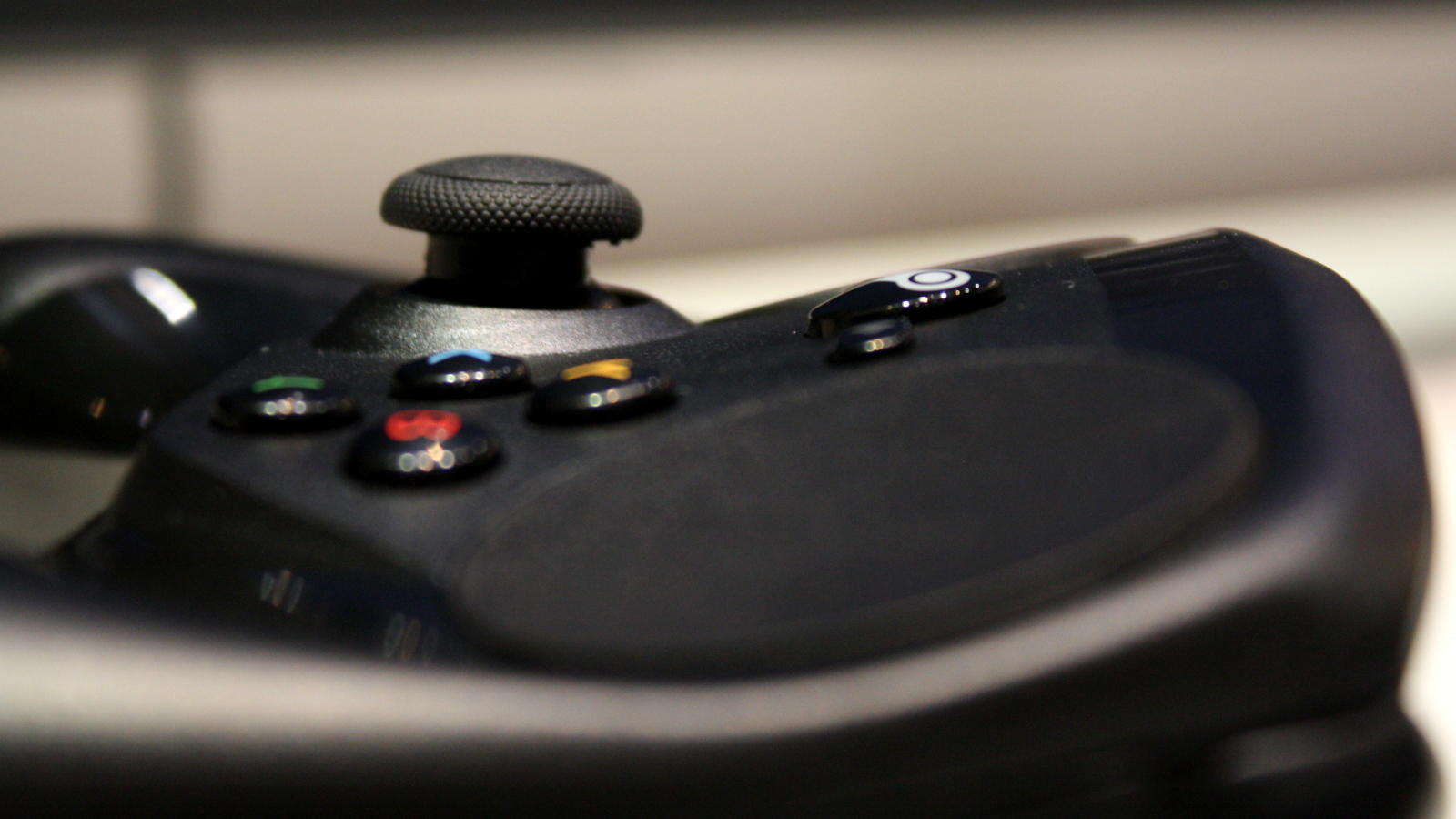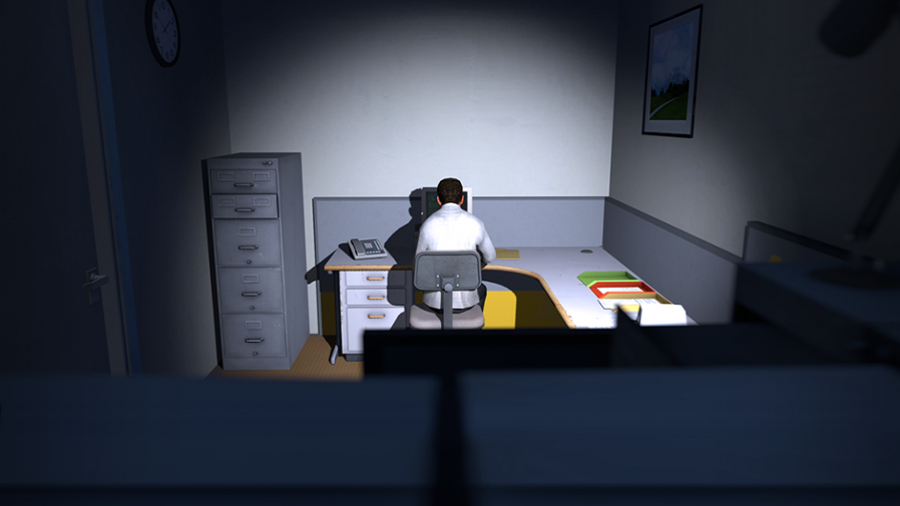Why Valve's refund policy is great for gamers, gives Steam Machines an extra life
Moving in the right direction

Sign up for breaking news, reviews, opinion, top tech deals, and more.
You are now subscribed
Your newsletter sign-up was successful
Valve announcing something new always feels like Christmas; it comes around once a year and gets increasingly disappointing as you get older. Remember when they used to make games instead of simply money and controversial decisions? Ah, such nostalgia. Who needs Half-Life 3 anyway…
This has been an interesting week though, both for Steam's official license to print money and for the future of the PC as a gaming platform. The latter is nothing we didn't already know was coming, save for one thing - the date when we'll be able to get our hands on goodies like Valve's fancy Steam Controller and Steam Link dongle for streaming games from your PC to your TV in full resolution and hopefully playable framerates.
Both are more exciting than the new line of Steam Machines on the way, those simply being PCs that sit under your TV. Those have potential, but the audience feels small right now.
Most of us who play games have already invested a lot in our main rigs, those who don't are more likely to be won over by the glitz and glamour of either Xbox One or Playstation 4 and their marketing budgets. However, being able to play your whole collection on the sofa has definite potential, especially with a controller designed for the PC.

Good hands
The controller especially stands out as interesting because it's the first time in a long time that we've really seen one geared towards PC play. Many controllers are of course available - from flightsticks to hand-wavey things ready for next year's VR future. Nevertheless, the standard remains the old Xbox 360 controller, and that's useless for many PC genre staples like adventures and RTS and RPGs that expect a mouse.
More practical, but no more comfortable, is having a keyboard and mouse on a tray. Valve's approach meanwhile is to try and mash everything into one device - precise touch-panels for input, an simulated D-Pad type structure for more analogue games, triggers and on-screen buttons, gyros for motion control, wired and wireless play, and force-feedback so that everything can rock your world. Shake it. Vibrate it a bit, anyway.

Reports from people who've tested earlier versions of the device haven't been entirely positive, though that was a while ago - hopefully E3 will offer a chance to play with the finished version and provide an idea of whether it's worth pre-ordering. Early birds will be getting theirs mid-October, with the official release date being November 10.
Sign up for breaking news, reviews, opinion, top tech deals, and more.
The Steam Link box is due at the same time, and on that one, we'd definitely recommend holding fire until the reviews come in - especially if you're on a wireless network. It could well be that Valve has employed actual sorcery to make it work great, but it's more likely that you'll want directly or at least wired powerline networking to get the smoothest possible connection from your games.
Fingers crossed, both will be great. The same goes for Valve's VR collaboration with HTC, the Vive.
Refund act
Responses though can be a tricky thing, and nothing shows that better than the pushback to its other recent announcement - that Steam will now offer refunds. Rarely has there been so much shrieking that the sky is falling since Chicken Little was also completely wrong - this is a great change for Steam, and for the industry.
The deal is that you can now get a refund on any Steam game for any reason - it not working, it being rubbish, it not being as advertised - on two conditions. First, it has to be within 14 days. Second, you can't have played it for more than 2 hours.

This has been the sticking point for many, especially on behalf of shorter indie games like Gone Home that can be polished off pretty easily in that time. It can also apply to DLC, though third-party developers get to choose whether or not they offer them. Exceptions of course apply to consumables like health potions and XP boosters. All non-covered purchases are due to be marked accordingly.
Good or bad?
There are two big fears here, one rational, the other not. The irrational fear is that this will boost piracy by making it easier for pirates to get their hands on full games, to which the only valid response is a hollow laugh. As if they don't have them all already.
The rational fear is the Gone Home problem, of people finishing a game and then sending it back. This is more reasonable, and the answer isn't necessarily "just make longer games". If you don't want to buy a two hour game, that's fine. Some games though are short by design and wouldn't benefit from filler, grinding, puzzles or other stuff - The Stanley Parable for instance.

Here though, two factors have to be considered. First, Valve isn't stupid. If someone is doing nothing but buying games and returning them, they're not going to be allowed to keep doing that. Second, most people are incredibly lazy and aren't going to go through the faff for the sake of playing a few games' tutorial levels and then moving on. On top of this, the fact that it recently went back on its plan for paid mods is a good reminder of how changeable the company is - if it doesn't work, it'll step in. End of discussion.
Nobody's yet made a convincing case that this is anything but a good addition, bringing Steam more into line with (checks) just about every other shop in the entire world. It's particularly valuable in an era where demos have largely been sent the way of the dinosaurs and the only way to know if something is playable is to suck it and see. The Witcher 3 for instance demands a beast of a system to run at its (glorious) best, and it's an expensive gamble if your rig is a few years old, or you're still on the last generation of graphics cards.
Yep: it's good
Gamers being able to buy and try is absolutely a good thing, as well as one that will hopefully have an impact on the amount of slurry currently clogging up the Steam archive. This also means an end to one of Steam's most agonising aspects - buying a game only for it to go on sale immediately. Valve has stated outright that getting a refund and then rebuying the game at a sale price doesn't count as abusing the system.
No more sale angst! Hurrah for that!
And that's really a big reason why new Valve releases are so interesting, be they hardware, software or new policies. Rarely do you find a company that seems to have taken the time to think things over from every direction, or as willing to step back when a mistake has been made. Steam Controllers, like Steam Machines, could have been out years ago, but weren't, because clearly it wasn't happy that they were ready. That's no guarantee that they will be, but it's still more reason to be hopeful than the equivalent release from anywhere.
Likewise, to see a refunds policy so geared towards gamers is a refreshing change - the part about the sales especially the cherry on the cake. Valve stumbles, but nobody's better at getting right back up to speed. Unless of course you still believe in Half-Life 3, in which case enjoy the customary E3 Week of Dashed Hopes.